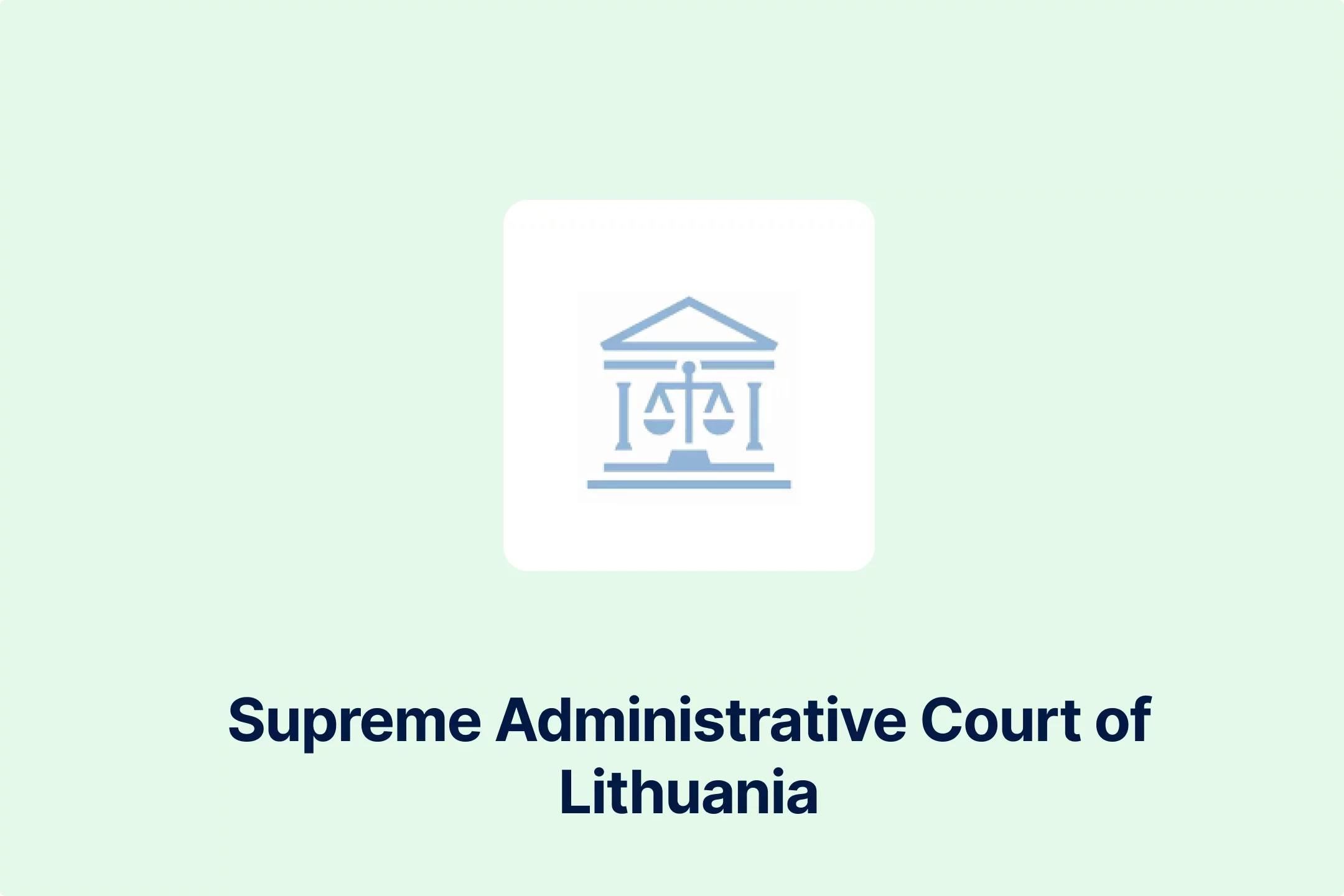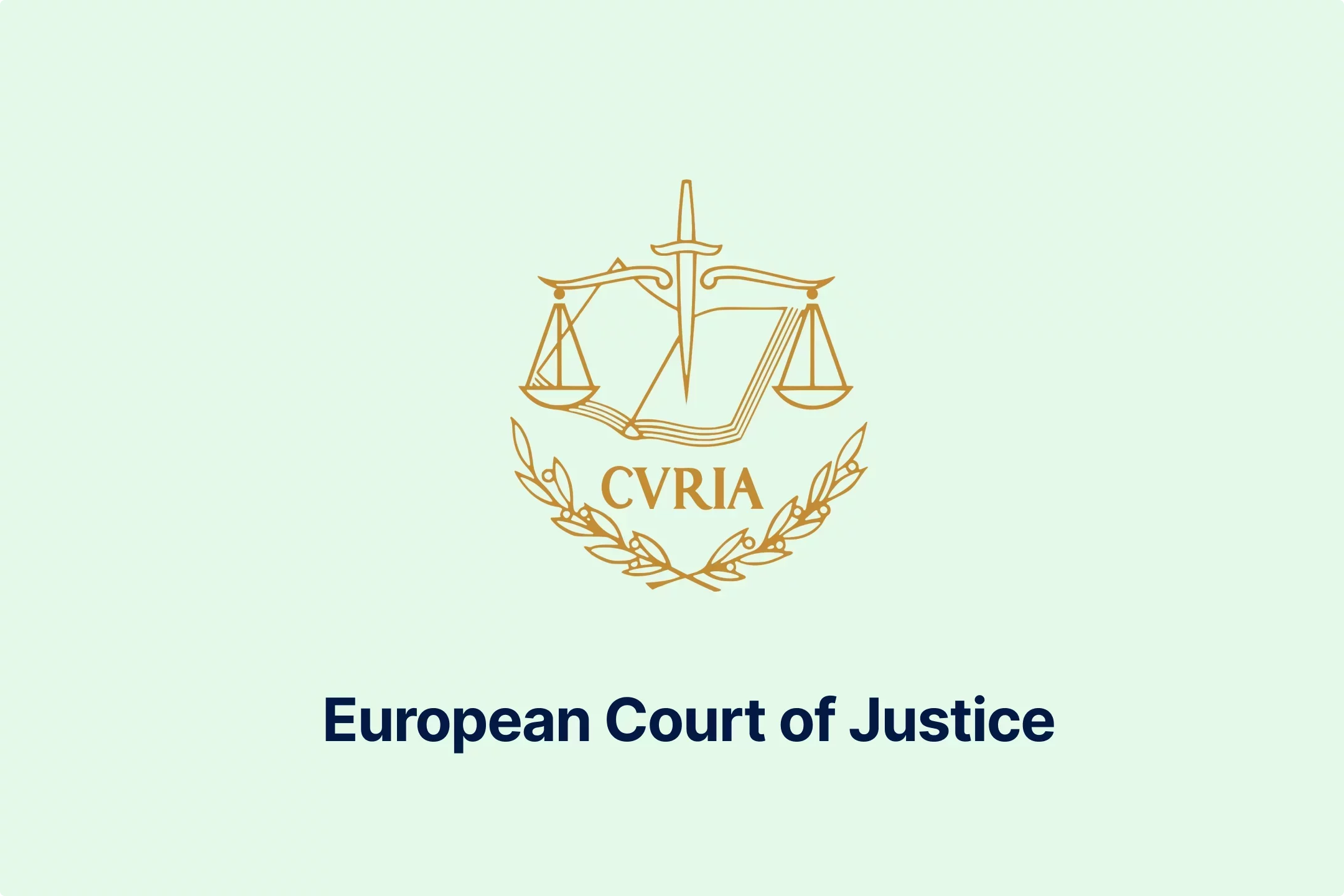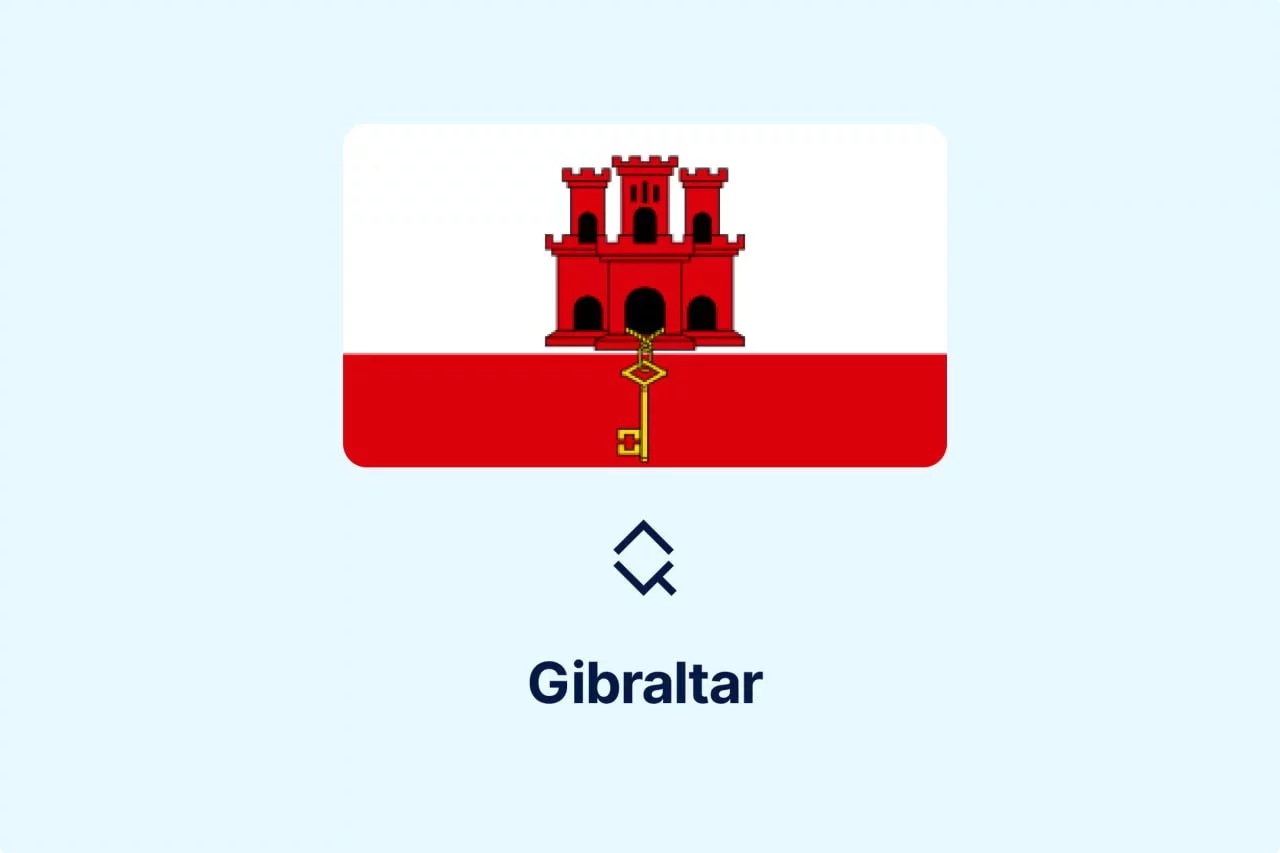ECJ Case C-60/23: VAT Rulings on EV Charging & Intermediary Tax Compliance

Electronic vehicles (EVs) are changing how the transportation and automotive industries work. Due to the unique infrastructure needed to keep EVs running, the taxability rules applicable to recharging and additional services are the subject of discussion and disputes throughout the EU.
However, more decisions have been made regarding VAT rules applicable to the EVs and recharging sector in recent years. This case is between Skatteverket, the Swedish Tax Agency, and Digital Charging Solutions Gmbh. This German-based company enables EV users in Sweden to access a network of charging points.
The dispute between these parties involved taxing Digital Charging Solutions GmbH under the national and EU VAT rules and regulations.
Background of the Case
Digital Charging Solutions GmbH (DCS) is established in Germany and has no fixed establishment in Sweden. However, it provides EV users access to a network of charging points in Sweden. Users can receive real-time data on the prices and availability of charging points operating within the network. Additional services include locating charging points and route planning.
None of the charging points in the network are operated by the DCS but by the operators with whom the DCS concluded an agreement enabling EV users to charge their EVs. EV users receive a card and access to the IT app from DCS, which, when used, records the charging session with the charging point operator.
The charging point operators invoice DCS monthly for charging sessions registered on cards or apps, and then DCS invoices the card and app users. DCS charges for the quantity of electricity supplied, access to the network, and additional services. While the prices and amounts charged for the electricity supply may vary, the access to network fees are charged regardless of whether the user purchased electricity.
The important note is that it is only possible to purchase electricity from DCS by paying for network access.
In April 2022, Skatterättsnämnden, Swedish Revenue Law Commission, issued a tax ruling under the request by the DCS filed in April 2021, stating that the supply made by DCS is a complex transaction where the supply of electricity is the primary supply. Most members of the Revenue Law Commission concluded that the operators supply electricity to DCS, which further supplies it to the users. Therefore, the place of supply is Sweden.
However, the Skatteverket, the Swedish Tax Agency, brought the case before the Supreme Administrative Court, asking it to confirm the tax ruling. The DCS also appealed against the tax ruling before the Supreme Administrative Court, requesting that it be overruled.
The DCS argued that the supply consists of two separate supplies: an electricity supply and a service supply, which is network access. Therefore, only one part would be taxed in Sweden, whereas the other should be taxed in Germany.
Uncertain about how to interpret and apply EU VAT rules, the Supreme Administrative Court asked ECJ for a preliminary ruling.
Main Questions from Request For Ruling
The Supreme Administrative Court referred two questions to the ECJ for a preliminary ruling regarding the classification of EV charging under VAT rules. The first question seeks to clarify whether charging services to an EV user qualifies as a supply of goods under Articles 14(1) and 15(1) of the EU VAT Directive.
Suppose the answer to the first one is positive. In that case, the second question is whether such supply should be considered at every stage of a transaction chain involving an intermediary company, in this case DCS, especially when agreements are in place at all stages. One additional determining factor is that only the EV users control key decisions such as quantity, time, location, charging point usage, and electricity.
Applicable EU VAT Directive Article
Articles 1(2), 2(1), 14, and 15(1) of the EU VAT Directive are the main articles applicable to this case and raise questions. Article 1(2) states that VAT is charged on each transaction based on the price of goods or services by applying the rate corresponding to those goods or services. This is done after deducting the VAT directly incurred on the various cost aspects.
Article 2(1) defines which transactions are subject to VAT, stating that the supply of goods and services for a fee within the territory of the EU Member States by a taxable person is subject to it. Articles 14 and 15(1) define the supply of goods and state that electricity is considered a tangible property, respectively.
Except for Articel 1(2) . The remaining three articles were critical for another ECJ case regarding the VAT rules for EV charging stations: Case C‑282/22—Dyrektor Krajowej Informacji Skarbowej v P. w W.
Sweden National VAT Rules
According to Swedish VAT Law, VAT is payable on taxable supplies of goods and services made within its national territory by a taxable person. The law defines goods as tangible property, including immovable property, gas, heat, cooling energy, and electricity. Under the same Law, any supply other than goods is treated as a supply of services.
Additionally, the supply of goods includes transferring goods for a fee, while the supply of services encompasses any service provided, transferred, or otherwise rendered for a fee.
Importance of the Case for Taxable Persons
This case, or better said ruling, clarifies the EU VAT taxability rules for all involved in the EV charging supply chain. The ruling is critical for charging point operators and other companies involved in the supply chain, precisely those that connect users with charging point operators. It determines whether service charges invoiced separately from the electricity supply must be treated the same way as the electricity supply or must be taxed independently.
Furthermore, this case may contribute to changes in business practices, agreement content between market participants, and the pricing structure for electricity and services supply.
As already stated, this is not the first ECJ ruling regarding EV recharging, but it differs from Case- 282/22 due to different business arrangements between the DCS and charging point operators.
Analysis of the Court Findings
The answer to how electricity is treated as the supply of goods or services is focused only on charging EVs and excludes the involvement of intermediaries providing access to the charging network. As stated in some previous rulings, under the EU VAT Directive, more specifically due to Article 15(1) defining electricity as tangible property, electricity is treated as a supply of goods.
Since the answer to the first question was positive, an answer to the second question required a more elaborate approach.
The main issue presented in the second question is whether the electricity supply should be interpreted to mean that electricity consumed by the EV users at charging points accessed through the network provided by the DCS is considered supplied in two stages. First, the charging point operators supply DCS as an intermediary. Then, a DCS supplies the EV user, even though the user determines the quantity, time, location, and electricity usage.
The EU VAT Directive does not require the actual transfer of ownership or physical possession of goods, in this case electricity, but encompasses any transfer that allows the recipient, here EV users, to use the property as an owner. Therefore, electricity, as a tangible good, can be involved in successive transactions without needing to be physically moved between parties. Consequently, the electricity can be sold first by the operator to the DCS and then by the DCS to EV users.
The ECJ concluded that the contractual agreement between charging point operators, DCS, and EV users indicates that EV users independently decide the timing, location, and quantity of electricity, where the DCS acts as the intermediary rather than autonomously purchasing electricity from operators.
The Court further added that only when both conditions stated under Article 14 of the EU VAT Directive are met is the intermediary treated as both the recipient and supplier of goods. Those two conditions are that the commission agent, that is intermediary, must act on behalf of the principal and that the goods supplied through an intermediary must be identical to those acquired.
In this case, the DCS is a taxable person playing an economic role in the transaction, acting in its name but on behalf of others. More crucially, the control over the amount and quality of electricity used, when and where it is used, lies with the EV user and not on DCS.
The main issue for ECJ in this case is determining if the supply can be split into two separate supplies or treated as a single complex supply, similar to Case C-282/22.
The concept of a single complex transaction depends on whether the elements provided are independent or one element is primary supply, with others being additional. In this case, DCS invoices EV users for two components: the electricity used for charging EVs and fixed monthly fees for network access, price data, and route planning.
The ECJ concluded that the electricity supply occurs in two stages when EVs are charged at a publicly available charging station accessed through an DCS other than the operator. The first stage includes the supply to the company offering access, in this case, DCS, and the second stage is the supply from DCS to EV users, regardless of whether the EV users can choose quantity, time, and charging location.
Courts Final Decision
The ECJ confirmed that electricity used to charge or recharge EVs is considered a supply of goods under Article 14(1) of the EU VAT Directive, which aligns with previous decisions and practicies under the EU regulations.
Furthermore, the ECJ interpreted that when EVs are charged at a publicly available network of charging points, and the user accesses it through an intermediary company, the DCS, the electricity supply occurs in two stages. The first stage includes supply from the operator to the DCS, and the second stage is from the DCS to EV users.
Conclusion
On one side, the ruling reaffirms what has already been concluded in several previous cases: the supply of electricity for charging EVs is a supply of goods under the EU VAT Directive. In addition, the ruling clarifies when the transaction relating to the electricity supply can be seen as supplied in two stages and not as one continuous transaction.
Furthermore, the ECJ's decision clarifies when an agreement may be treated as a commissionaire agreement under the VAT regulatory framework, which may help the national government settle any similar disputes. Moreover, taxable persons involved in the EV charging sector may find this case and decision valuable when determining the contents of agreements and taxability rules for existing ones.
Source: Case C‑60/23 - Skatteverket vs Digital Charging Solutions GmbH, EU VAT Directive, VATabout - ECJ Ruling on VAT for Electric Vehicle Recharging Stations (Case C-282/22)
More News from Europe
Get real-time updates and developments from around the world, keeping you informed and prepared.
-e9lcpxl5nq.webp)








-3rcczziozt.webp)

-rvskhoqpms.webp)




-a5mkrjbira.webp)

-ivkzc1pwr4.webp)




-hssrwb5osg.webp)



-c06xa1wopr.webp)









-webajrr4ny.webp)
-evibmwdwcn.webp)
-7acdre0hop.webp)

-lcgcyghaer.webp)
-ol6mdkdowg.webp)
-aqdwtmzhkd.webp)

-njgdvdxe2u.webp)



-i6rki3jbad.webp)
-hdwgtama05.webp)

-atbhy5fyxv.webp)






-zp2n6zixoa.webp)
-oa1ynbm4sn.webp)


-lltkno6txy.webp)



-do38odrqnq.webp)

-t409oldqzt.webp)

-hordopb6xh.webp)

-ooimnrbete.webp)

-lwb5qpsily.webp)


-eumafizrhm.webp)

-mtqp3va9gb.webp)

-3ewrn1yvfa.webp)
-591j35flz2.webp)

-huj3cam1de.webp)


-hafis0ii23.webp)

-qseaw5zmcy.webp)



-qzsah2ifqx.webp)


-69rzooghib.webp)
-wrvng98m0g.webp)


-psucycuxh2.webp)
-klyo8bn5lc.webp)




-6wv5h5eyyd.webp)
-tfgg78rbid.webp)
-a6jpv9ny8v.webp)
-qhdbapy0qr.webp)


-owvu7zoc13.webp)


-h28jrh1ukm.webp)

-wl9bl1rw3a.webp)

-2w76jtvtuk.webp)

-c0uvrmrq9j.webp)



-pofe7ucwz3.webp)



-5cc23ezxyf.webp)
-rrmabbekeb.webp)








-iyyeiabtaf.webp)
-c8rbjkcs01.webp)
-nilkffjhah.webp)

-hikakq55ae.webp)

-z1d60bldtg.webp)
-d1a0q6n7mp.webp)
-viip8nvoeh.webp)
-bvv1otliox.webp)



-de8hdb1bn3.webp)
-7xsxxoypnx.webp)

-cm0opezg73.webp)
-0tovsdupmi.webp)
-subxdamdj6.webp)


-gly6ablwnh.webp)
-gkduqhwbzh.webp)
-qpe1ld9vcj.webp)
-8noukwsmba.webp)
-aka29tuhkt.webp)


-fisvs27yrp.webp)


-mp0jakanyb.webp)

-aivzsuryuq.webp)



-o7f4ogsy06.webp)

-zjja92wdje.webp)
-hrbhdts8ry.webp)
-qtdkwpgkug.webp)


-cf8ccgah0p.webp)
-0em3cif5s6.webp)






-ptzesl0kij.webp)

-tfzv42pyms.webp)







-uodv7sfbih.webp)
-bbrdfmm9qf.webp)



-m2tl8crfqr.webp)




-1awbqjgpjs.webp)
-avbjsn1k1g.webp)


-0h8ohkx6s0.webp)



-wfmqhtc7i6.webp)
-7wljbof2zo.webp)

-eqt97uyekl.webp)
-wzw9mcf563.webp)

-z4oxr6i0zd.webp)




-l0zcrrzvhb.webp)
-fhtic1pwml.webp)

-iipdguuz9p.webp)
-nkhhwrnggm.webp)
-pltqwerr3w.webp)

-nn6mtfbneq.webp)

-tmnklelfku.webp)



-8z1msbdibu.webp)
-7g16lgggrv.webp)



-lxcwgtzitc.webp)
-9mc55kqwtx.webp)


-xla7j3cxwz.webp)
-jrdryw2eil.webp)






-t9qr49xs2u.webp)


-qjopq5jplv.webp)



-vune1zdqex.webp)

-qsozqjwle2.webp)
-rgjta7iwiv.webp)

-zb6bxxws47.webp)
-lyfjzw4okp.webp)

-ogpfmol5m1.png)


-czisebympl.png)

-zetvivc79v.png)
-ud7ylvkade.png)
-qizq6w2v5z.png)







-ihr6b4mpo1.webp)
-k1j4au0ph6.webp)
-swxxcatugi.webp)


-ig9tutqopw.webp)

-tauoa6ziym.webp)

-spr0wydvvg.webp)

-xfuognajem.webp)





-u2nv5luoqc.webp)








-opuxpan2iu.webp)




-kwttsfd8ow.webp)
-8u14qi10nj.webp)
-wjpr96aq5g.webp)

.png)

.png)


.png)


.png)



.png)
.png)
.png)
.png)
.png)

.png)
.png)




.png)
.png)




































































































































